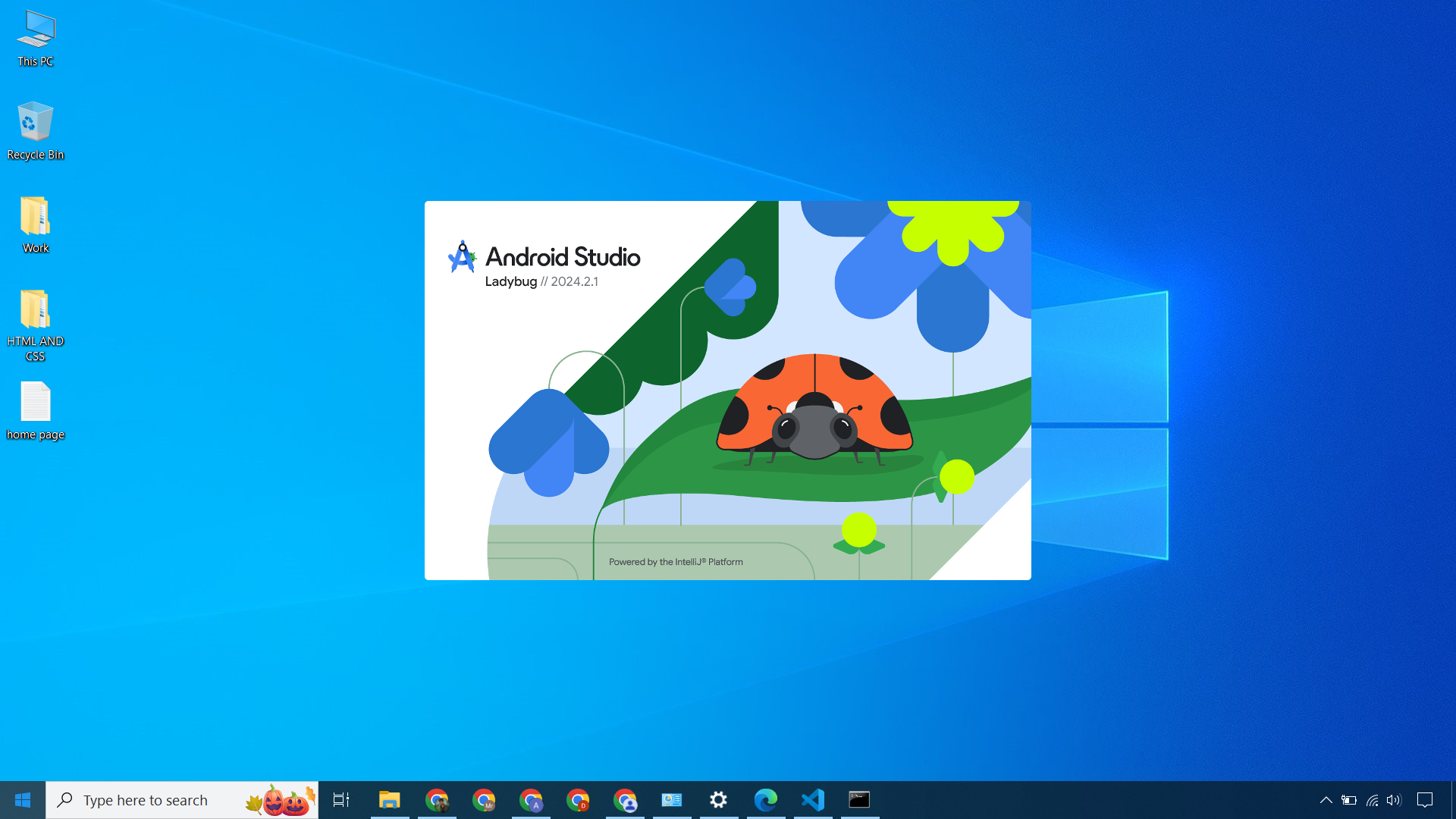
How to Fix Compatibility Issues with Android Studio’s “Ladybug” 2024 Latest Update
The recent “Ladybug” update to Android Studio has introduced some changes, and many developers have reported issues adapting to the new configuration requirements. This guide provides a working configuration to help you optimize compatibility with the Ladybug update and resolve common issues.
Working Configuration for Android Studio Ladybug
Here’s a step-by-step guide to configuring your Android Studio and project settings to run smoothly on the latest Ladybug version. This setup has been tested and works perfectly.
Step 1: Ensure Your Flutter SDK Version Is Up-to-Date
First, make sure you have the Flutter SDK updated to version 3.24. This ensures compatibility with the latest Android Studio updates and reduces the likelihood of encountering compatibility issues.
Step 2: Set JDK Version to 21
To work with the Ladybug update effectively, set your JDK (Java Development Kit) to version 21. This version provides the necessary support for Ladybug’s underlying code requirements and ensures that your project runs seamlessly on the latest Android runtime environments.
Step 3: Update the Gradle Version
Gradle plays a significant role in project building and dependency management. Updating it to the correct version helps avoid common build errors.
- Go to
PROJECT_DIRECTORY/android/gradle/wrapper/gradle-wrapper.properties. - Find the line with
distributionUrl, and set it to:plaintextCopy codedistributionUrl=https\://services.gradle.org/distributions/gradle-8.4-all.zip
Updating the Gradle version to 8.4 aligns your project with Ladybug’s requirements and minimizes build compatibility errors.
Step 4: Update the Android Plugin Version
The Android Plugin version is crucial for ensuring compatibility with the Android Gradle Plugin. Setting this to the correct version will help maintain stable builds in Android Studio Ladybug.
- Go to
PROJECT_DIRECTORY/android/settings.gradle. - Change the plugin version for
com.android.applicationto:plaintextCopy code'com.android.application' version to '8.3.2'
Updating the Android Plugin to 8.3.2 guarantees that your project setup meets the Ladybug update’s expectations and avoids plugin-related compatibility issues.
Summary of Configuration Changes
| Component | Required Version | Configuration Path |
|---|---|---|
| Flutter SDK | 3.24 | – |
| JDK | 21 | – |
| Gradle Version | gradle-8.4-all.zip | PROJECT_DIRECTORY/android/gradle/wrapper/gradle-wrapper.properties |
| Android Plugin | 8.3.2 | PROJECT_DIRECTORY/android/settings.gradle |
Why These Adjustments Work
The latest Android Studio update comes with changes in compatibility settings for Gradle, the JDK, and the Android Plugin. Each of these elements has a crucial role in building Android projects efficiently. Updating these components aligns your project setup with Ladybug’s internal architecture, preventing errors and improving overall stability.
Test Results: Successful Builds and Smooth Project Runs
After applying these settings, I’ve tested the configuration with several Flutter projects, all of which run smoothly on Android Studio Ladybug without any issues. If you’d like to see these adjustments in action, check out my latest videos, where I demonstrate building projects using this configuration on Ladybug.
Conclusion
Updating to Android Studio Ladybug doesn’t have to disrupt your development workflow. By following the steps outlined above, you can ensure your project is compatible with the latest Android Studio version. Try these configurations in your setup, and you should see improved stability and compatibility in no time.